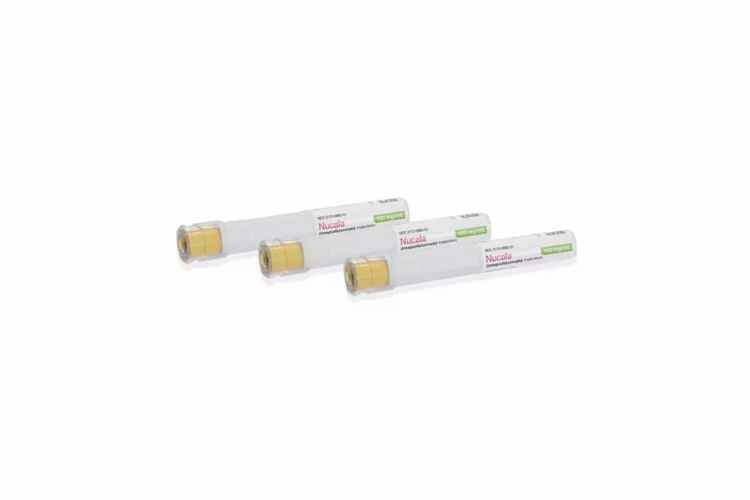GSK has unveiled a ray of hope for millions of Japanese individuals grappling with the debilitating burden of chronic rhinosinusitis with nasal polyps (CRSwNP). The Japanese Ministry of Health, Labour and Welfare (MHLW) has agreed to review a supplementary new drug application (sJNDA) for Nucala (mepolizumab), a groundbreaking monoclonal antibody that targets interleukin-5 (IL-5). If the stars align, this could herald a transformative treatment for adult patients trapped in the throes of this chronic condition.
To understand the significance of this development, one must delve into the meticulous groundwork that has paved the way for this groundbreaking review. The pivotal phase III MERIT trial, a testament to the collaborative spirit of the international medical community, dissected the efficacy and safety of mepolizumab over a year-long period. It welcomed Japanese, Chinese, and Russian patients who had been grappling with inadequately controlled CRSwNP or eosinophilic chronic rhinosinusitis (ECRS). Their journey and experiences became a cornerstone in this quest for a remedy.
But the story doesn’t end there. The global phase III SYNAPSE study, a sprawling canvas with over 400 patients, brought its own strokes of insight. It painted a vivid picture of mepolizumab’s impact, pitting it against a placebo in the fight against CRSwNP. It’s a convergence of science, data, and the unyielding spirit of those who participated in these trials.
CRSwNP/ECRS is not just a footnote in the medical annals; it’s a formidable adversary affecting 2-4% of the general population. Japan, a nation steeped in tradition and innovation, isn’t immune either, with a staggering 2 million individuals grappling with chronic sinusitis. Among them, 200,000 find themselves on the precipice of surgery due to the relentless presence of nasal polyps. CRSwNP, an ailment born from the relentless inflammation of the nasal lining, is the villain here. Elevated levels of IL-5, a culprit often associated with T2 inflammation, set the stage for this chronic drama. These elevated levels lead to the growth of soft tissue, the notorious nasal polyps, making their home in the sinuses and nasal cavity. The consequences are profound and painful: nasal obstruction, loss of smell, facial pressure, sleep disturbances, and a never-ending nasal discharge. Surgery becomes the last resort for the afflicted, but alas, polyps have an uncanny knack for resurfacing, pushing patients back into the cycle of surgeries and recoveries.
Now, picture a world where mepolizumab gets the green light in Japan. It would be a monumental milestone, a beacon of hope for those ensnared in the relentless grip of CRSwNP. Mepolizumab would stand as the vanguard, the first anti-IL-5 biologic offering solace to adult patients who have been grappling with inadequately controlled CRSwNP.
This isn’t GSK’s first foray into the Japanese medical landscape. Mepolizumab has already earned its stripes as a treatment for bronchial asthma in children aged six and above. It’s also extended its healing touch to adults with refractory asthma, giving them respite from symptoms that refused to bow to standard treatments.





























